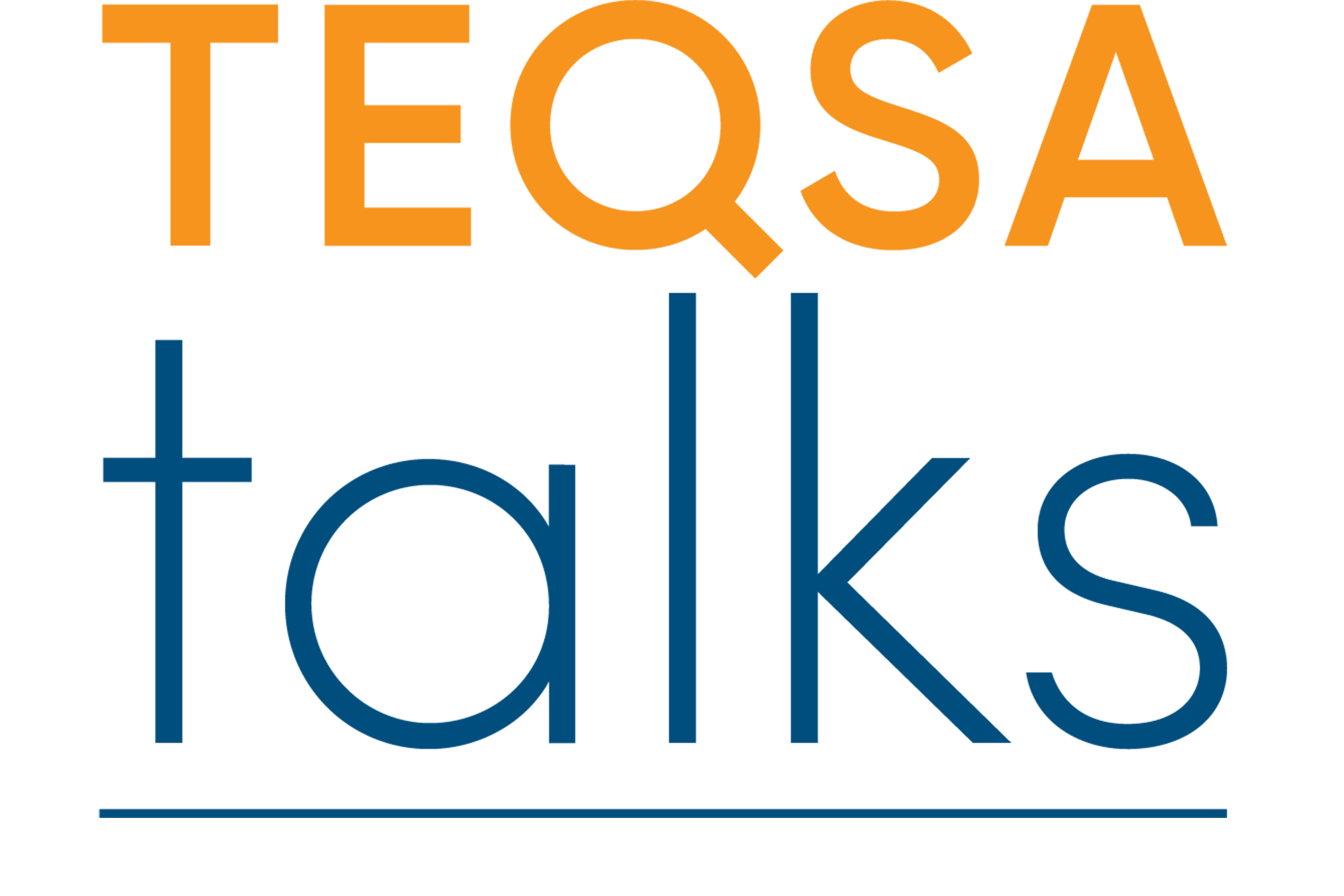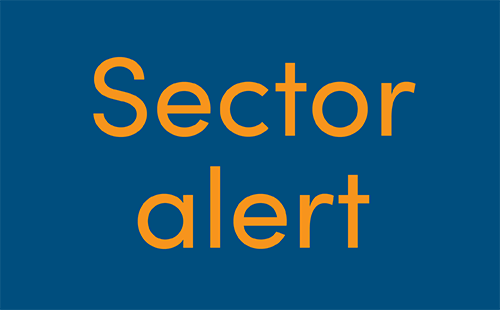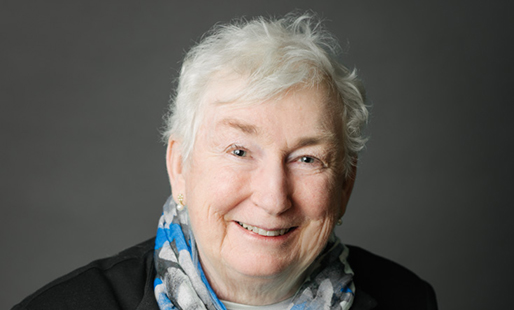20 November 2025
TEQSA has both observed and received reports about challenges that registered higher education providers (providers) have faced regarding external actors coming on to campuses, where their actions disrupt or pose risks to staff and student safety or wellbeing. To support providers in managing risks presented by external actors, TEQSA has documented the challenges that some providers encountered and compiled a range of strategies that providers adopted in response.
Providers should consider their individual circumstances, such as size and location, student population and legislative obligations when considering the suitability and applicability of the strategies compiled below. For example, the applicability of suggestions related to campus management will differ for providers depending on whether they are operating on public or private land; some strategies are general in nature, while others may be more suited to specific incident risk profiles.
This emerging practice is informed by relevant submissions to recent parliamentary inquiries1 and learnings from a series of social cohesion roundtables TEQSA organised and hosted in late 2024. At these roundtables, university representatives and other stakeholders shared their experiences of protests and encampments on campuses in Australia and the challenges associated with these events, including identifying and managing risks posed by external actors on campus.
TEQSA encourages providers to consider other relevant recommendations from forthcoming reviews, including internal reviews by individual institutions, the Australian Human Rights Commission’s study into the prevalence and impact of racism in Australian universities and work by the Special Envoys to combat antisemitism and Islamophobia.
Background
In 2024, multiple Australian universities experienced protests and encampments on campus related to conflict in the Middle East. External actors or ‘outside agitators’ have been identified as a challenge for providers to manage. ‘External actors’, in this context, refers to persons who are not students or staff, or members of a provider’s community2 who enter a provider’s campus.
In the Australian context, it has been widely acknowledged that external actors have participated in protests and encampments on university campuses. Many of the more serious incidents that occurred during the protests and encampments that presented risks to the wellbeing and safety of the provider’s community involved external actors. Some of these challenges have been publicly documented, for example by the University of Sydney and the University of Melbourne.3
TEQSA’s intent is to draw attention to issues that may warrant consideration from providers and share emerging practice across the sector to support providers to assure themselves that they meet their obligations under the Higher Education Standards Framework (Threshold Standards) 2021 (Threshold Standards).
The Threshold Standards set clear expectations for providers to identify and manage risks to student and staff wellbeing and safety, including those associated with external actors on campus.
TEQSA draws attention to the following parts of the Threshold Standards relevant to managing external actors:
- Section 2.3 encompasses organisational responsibilities for safeguarding and supporting the wellbeing and safety of students and staff.
- Standard 6.1.3b sets expectations for having clearly defined roles and delegated authority for effective governance and policy development and review, including relevant codes, by-laws, statutes and rules.
- Standard 6.1.4 requires the governing body to maintain an institutional environment where the wellbeing of students and staff is fostered, and freedom of speech and academic freedom are upheld and protected.
- Section 6.2 requires that providers be able to demonstrate, and their corporate governing body assure itself, that the provider is operating effectively and sustainably. This includes:
- complying with all relevant legislative requirements
- identifying, managing and mitigating material risks to the provider’s operations
- monitoring and responding to formal complaints, allegations of misconduct and critical incidents.
Sector challenges
Providers identified several challenges in relation to managing external actors on campus, including:
- Balancing their obligation to uphold freedom of speech and academic freedom with their obligation to protect the health and safety of students and staff, including minimising risks of psychosocial or physical harm that may come from external actors.4
- Understanding and navigating legal issues in responding to external actors occupation of, and encampments on, an institution’s grounds and in disbanding protests that escalate and become unsafe.
- Understanding the role, function and jurisdiction of police relative to the provider and fostering productive relationships with police.
- Responding to external actors, who are not bound by student or staff codes of conduct, who may provoke breaches of student or staff codes of conduct on campus.
- In such cases, external actors may film students and staff in breach of their codes of conduct and then report the breach to the provider and the media, manipulating the situation and its presentation to promote an ideological agenda.
- Understanding and addressing the need for provider-specific risk mitigation strategies that reflect the diversity of the higher education sector.
- Diversity of providers that necessitate different policies and procedures or by-laws to manage external actors include considerations such as:
- the number of campuses a provider has (single or multiple)
- the location of campuses: major metropolitan hubs that are easily accessible by public transport require different approaches than those that are more isolated
- campuses with a significant amount of open space face different issues regarding access than campuses characterised by primarily enclosed buildings
- self-contained campuses with external barriers require different approaches to those that are porous to local foot traffic in busy areas.
Emerging practice to manage external actors on campus
Australian universities that experienced protests and encampments on campus in 2024 demonstrated different ways of responding to external actors. Key learnings from the sector include:
- Options for managing external actors may be influenced by institutional instruments such as university Acts, by-laws, statutes, rules, enterprise bargaining agreements, and codes of conduct for staff and students. It is important that these instruments be properly understood.
- Providers are expected to balance student and staff freedoms to express ideas and political views without fear of reprisal against genuine concerns about safety and harm. Any restrictions providers place on student and staff freedoms should be reasonable, proportionate and necessary to allow them to meet their legal obligations.
To the extent that legal obligations and institutional instruments permit, the following strategies identified from emerging practice within the sector may warrant consideration from providers. In some cases, universities may need to seek amendments to statutes or by-laws to ensure appropriate responses can be implemented to manage external actors on campus. As these strategies are broad in scope, it is important for providers to recognise that not all will be relevant to their individual contexts.
Institutional policies, by-laws and complaint/misconduct procedures
- Regularly review and update relevant policies and procedures to ensure their ongoing effectiveness. Address any identified gaps in existing policies and procedures promptly:
- review the process for updating policies to ensure that, when necessary, policies can be updated quickly and efficiently.5
- Establish clear reporting procedures for incidents or the presence of external actors on campus:
- ensure that reporting processes are user-friendly, easy to access, include provision for confidentiality or anonymity and are clearly communicated to staff and students
- ensure there is clarity about how the provider will respond to reports, and within what timeframe.6
- Develop a risk assessment framework for external actors:
- clarify how relevant legal and policy frameworks affect the capacity for external actors to plan and/or participate in protests or encampments on campus, and any terms under which they may do so.7
- Establish and clearly communicate policies or by-laws that articulate campus access for external actors and procedures for responding to situations where external actors breach these policies:
- set out what actions will be taken (such as when police will be contacted) and consequences that apply to external actors who engage in behaviour that is disruptive, damaging, a threat to the safety or wellbeing of others, or otherwise breaches a provider’s policies
- regularly review whether these procedures are being upheld and if misconduct processes are implemented in a timely manner.8
- Ensure policies and by-laws are well advertised and easy to access and understand, including for people outside the provider’s community.9
- Complaints from or involving external actors are reviewed holistically on a case-by-case basis, with consideration of all available information to ensure fairness and accuracy.
Critical incident management
- Review and, where necessary, update critical incident management structures and institutional security arrangements:
- ensure clarity exists around which situations warrant calling the critical incident management team and/or police, and who is responsible for making that decision.10
- Develop and foster productive relationships with outside agencies, such as police:
- understand the obligations and expectations police have regarding when they should be called and what forms of assistance they can provide.11
- Establish a standardised process and communication strategy for use by campus security regarding external actors coming on to campus.12
- Establish clear organisational responsibility for developing, implementing and monitoring safety plans for staff or student cohorts who may be targeted by outside actors.13
Education and training for staff and students
- Provide clear and practical education and training on relevant institutional policies and misconduct procedures for students, staff and relevant contractors:
- ensure training includes processes for how to report incidents or the presence of external actors on campus.14
- Train staff (particularly staff who regularly interact with the campus community) in critical management procedures so they can confidently follow appropriate processes when responding to incidents involving external actors on campus.15
- Establish protocols for supporting staff to deal with external actors who may enter learning and teaching spaces or offices.16
Legal obligations
- Confirm the governing body has a documented and clear understanding of the legal status of the institution regarding the classification of land/property in relation to protests, encampments and external actors:
- this includes obligations under relevant state or territory legislation, any applicable local by-laws, and legislation under which the institution is established.17
- Ensure relevant staff understand what powers the provider has and the legal avenues available for managing external actors on campus:
- this includes when to contact law enforcement, or how and if the provider can take action to remove people that are not part of the provider’s community who are engaging in behaviour that poses a risk to student and staff wellbeing and safety.18
Campus management
- Statements displayed at entrances to campus, or in large public areas, outline expected behaviour and conditions associated with access to campus.19
- Manage building access through access cards, help desks or other mechanisms where appropriate.20
- Examine how student and staff identification cards could assist providers in identifying external actors or preventing external actors from accessing parts of a campus that should only be accessible staff and students. This may include:
- encouraging staff and students to carry their identification with them, particularly during periods of uncommon or unexpected tension or activity, while they are on campus or accessing secured facilities, such as private offices or research laboratories
- using electronic staff and student identification cards to help manage access to certain areas of campus.21
- Consider the deployment and effective utilisation of CCTV
- use of CCTV should be underpinned by a reasonable purpose and align with the provider’s risk management strategy
- providers should review their legal obligations under relevant Commonwealth, state and territory privacy laws associated with the collection and storage of surveillance footage.22
- Consider the necessity and effectiveness of security personnel wearing body worn cameras as part of the provider’s risk management strategy
- there is evidence from some providers that body worn cameras may reassure the provider’s community, modify behaviour and deter antisocial behaviour when used appropriately
- providers should review their legal obligations regarding the use of body worn cameras, and the collection and storage of surveillance footage, as noted above.23
TEQSA encourages all higher education providers to consider this emerging practice, giving consideration to all risks relevant to the institution’s particular circumstances and ensuring steps are taken to protect student and staff wellbeing and safety, while upholding the rights to freedom of speech and academic freedom.
Notes
- See Commission of Inquiry into Antisemitism at Australian Universities Bill 2024 (No. 2) – Parliament of Australia; Antisemitism at Australian universities – Parliament of Australia.
- A provider’s community is understood to widely include alumni, prospective students, invited guests and visiting scholars and researchers.
- See Hodgkinson, B (2024) University of Sydney External Review Report, University of Sydney, accessed 15 January 2025; Parliamentary Joint Committee on Human Rights (2024) ‘Proof Committee Hansard - Antisemitism at Australian universities’, December 12 2024, 4-14.
- Providers can consult, for example, points 6 and 7 of A Model Code for the Protection of Freedom of Speech and Academic Freedom in Australian Higher Education Providers (p.235-236) that suggest principles for policies and procedures that can inform an organisation’s approach to managing external visitors and invited guests.
- Higher Education Standards Framework (Threshold Standards) 2021, Standard 6.1.3b.
- Threshold Standards, Standard 6.1.3b.
- Threshold Standards, Section 6.2.
- Threshold Standards, Section 2.3, Standard 6.1.4).
- Threshold Standards, Standard 6.1.4.
- Threshold Standards, Standard 6.1.3b.
- Threshold Standards, Section 6.2.
- Threshold Standards, Section 6.2.
- Threshold Standards, Section 6.2.
- Threshold Standards, Section 6.2.
- Threshold Standards, Section 6.2.
- Threshold Standards, Section 2.3.
- Threshold Standards, Section 6.2.
- Threshold Standards, Section 2.3, Standard 6.1.3b, Standard 6.1.4.
- Threshold Standards, Section 6.2.
- Threshold Standards, Section 2.3, Section 6.2.
- Threshold Standards, Section 2.3, Section 6.2.
- Threshold Standards, Section 2.3, Section 6.2.
- Threshold Standards, Section 2.3, Standard 6.1.4, Section 6.2.










